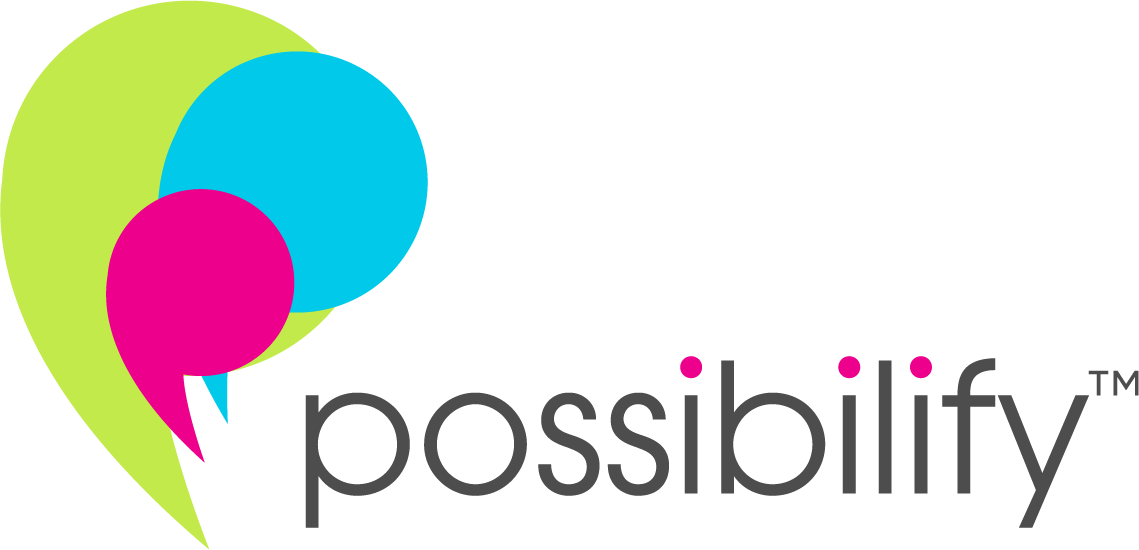- Anti-Racism Tip #8: If It Needs a Disclaimer, Don’t Say It - October 18, 2022
- On Tender Moments that Take Us By Surprise - May 18, 2022
- Finding Creative Ways to Exercise During the Pandemic - April 29, 2022
Let’s cut to the chase: anti-racism is uncomfortable. So this article focuses on the importance of embracing discomfort as we continue to learn and take action against racism. (To read about the first four anti-racism tips in this series, see the links at the bottom of the article).
Discomfort Signals an Opportunity for Learning and Growth
When we experience discomfort, it’s a signal that we are being presented with an opportunity for learning and growth. It’s in the moments of discomfort – those moments when we’re pushed outside our comfort zones – that we’re able to learn, shift our perspectives, and have transformative experiences that can spur us into action. Because of this, attending to our feelings of discomfort can provide important opportunities for learning and growth.
Learning about anti-racism can be uncomfortable. It can cause discomfort when you find yourself outside your racial comfort zone (as the only person of your race in a room). Or when you have said something offensive and are being called out. Or when you learn an uncomfortable truth about racism or privilege that challenges everything you thought you knew about the world.
In conversations about race and racism, it’s common to experience discomfort. These conversations are uncomfortable for racialized people, particularly if they are sharing their experiences of racism, calling it and/or taking on the task of educating White people. They are also uncomfortable for White people since conversations about race involve pointing out the unearned privileges that White people have because they are White.
Even the terminology can feel uncomfortable. The term “White people,” for example, can create discomfort because White people have had the privilege of not reflecting on the fact that they have a race. White is seen as the default – the norm by which other races and ethnic groups are measured. We could add that historically this default has been White, male and Christian. And so these are the norms against which others have been and often continue to be measured.
The idea of White people as the default is an aspect of White privilege. This privilege is evidenced by the fact that White people in North American societies don’t think twice about identifying Black, other racialized and Indigenous people using racial and ethnic identifiers but very rarely write or say the words “White people.” White people can often feel uncomfortable being identified as a race (“I’m not one of those White people. I’m an individual!”). This freedom from being described and defined using racial and ethnic identifiers is therefore an important aspect of White privilege.
For the White people reading this, I want to pause and ask:
- Did you feel uncomfortable reading this section?
- Did reading the words “White people” make you feel a bit defensive?
- Did the idea of White privilege make you feel discomfort?
If so, that’s good – that discomfort signals an important opportunity for growth. So sit with your discomfort for a moment…then sit with it for a little longer… and then keep reading.
Reflect on Past Moments of Discomfort and What They Can Teach Us
It’s important to reflect back on those moments when you have felt uncomfortable in discussions about race and racism. I bet you can recall vividly those moments when you experienced discomfort – when you may have said the wrong thing, made that misstep and were called out for it, or were filled with regret for not saying anything at all. It’s in those moments of discomfort that we grow the most if we spend time reflecting on and learning from them.
When we’re called out for saying or doing the wrong thing, we’re being offered a gift. The person who called you out has taken it upon themselves to educate you. This effort likely came at a great cost to them – they had to consider whether and how to speak up, they had to expend the emotional and mental effort to take on your problematic words or actions, and they have likely had to do this throughout their lives, which is exhausting. So when we’re faced with these uncomfortable situations, consider these moments of discomfort as opportunities for growth – gifts that the person calling you out has given you so that you can learn and do better the next time.
Discomfort is a Signal of the Last Stand
In a recent interview, Brené Brown discussed the idea of the “last stand” with President Joe Biden. The last stand is that last effort to struggle and resist change – those final moments when those who have benefitted from the status quo realize that they are losing the fight to maintain their power over others.
Well, right now, we’re in the midst of the last stand both on a societal as well as a personal level. On a societal level, we’re seeing powerful resistance and calls for systemic institutional, structural, and social change. These calls are not new but they are gaining a momentum and force that is unstoppable. On a personal level, we’re struggling to understand what a new, anti-racist society will look like and what it will mean for each of us.
Within each of our journeys to become anti-racist, we will feel resistance and discomfort in our bodies, particularly in those moments when our understanding of the world is challenged, or when it is shattered completely. When people talk about racism, when people talk about deep social inequality, when people talk about the historical and contemporary impacts of slavery, when people talk about the intergenerational trauma of colonization, we should feel uncomfortable. The fact that some people benefit from the exploitation, oppression, dehumanization and unfreedom of others should cause discomfort. We feel discomfort because we are human. And sitting in that discomfort and learning from it, shows that we care about the humanity of others.
So embrace discomfort. It’s the signal that the last stand has arrived. We are on the cusp of a major shift and transformation. And if we’re willing to embrace the moments of discomfort, we can take decisive action to end racism, tackle systemic injustice, and create an equitable world for all people and living things.
We would love to hear your thoughts in the comments section below.


Recent Comments